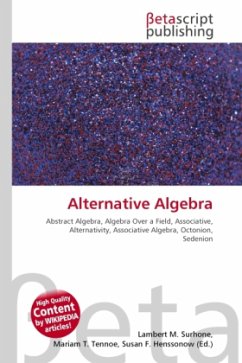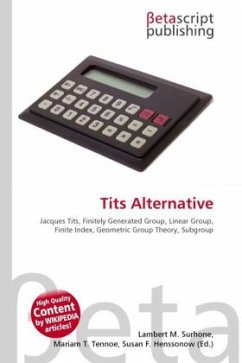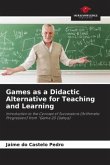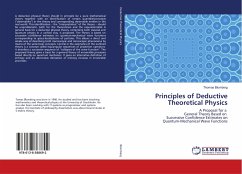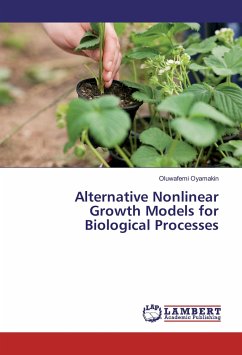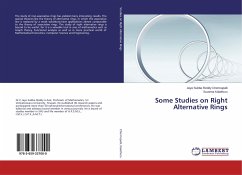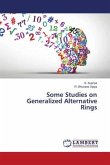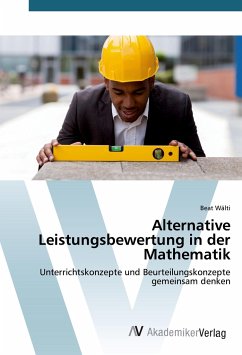High Quality Content by WIKIPEDIA articles! In abstract algebra, an alternative algebra is an algebra in which multiplication need not be associative, only alternative. That is, one must have x(xy) = (xx)y (yx)x = y(xx) for all x and y in the algebra. Every associative algebra is obviously alternative, but so too are some strictly nonassociative algebras such as the octonions. The sedenions, on the other hand, are not alternative.Artin's theorem states that in an alternative algebra the subalgebra generated by any two elements is associative. Conversely, any algebra for which this is true is clearly alternative. It follows that expressions involving only two variables can be written without parenthesis unambiguously in an alternative algebra. A generalization of Artin's theorem states that whenever three elements x,y,z in an alternative algebra associate (i.e. [x,y,z] = 0) the subalgebra generated by those elements is associative.

